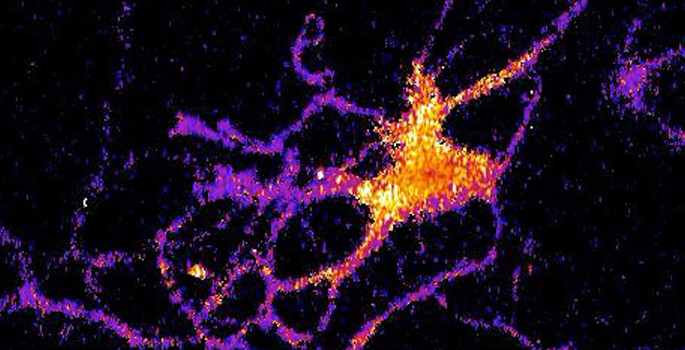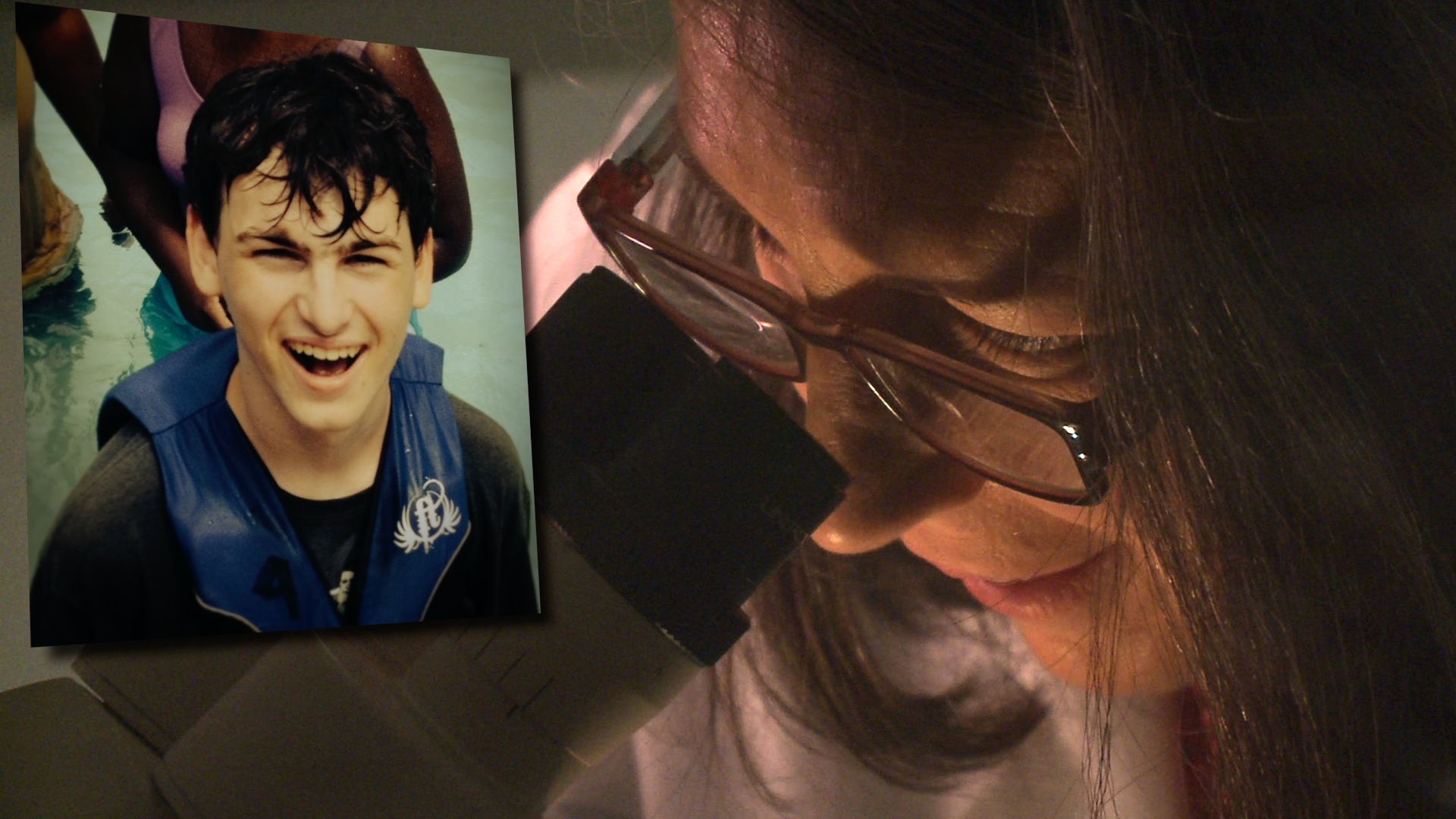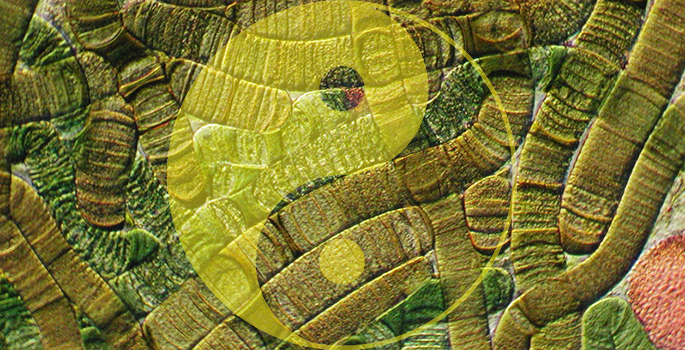Carl Johnson
-

Researchers discover the evolution of seasonal anticipation in cyanobacteria
New research led by recent Vanderbilt Ph.D. alumna Maria Luísa Jabbur from the Johnson Lab and BBSRC Discovery Fellow at the John Innes Centre, in the UK has uncovered that even cyanobacteria—tiny organisms with a generation time of just five to six hours—can sense and respond to changes in light availability, or photoperiod, to gear up for winter. Read MoreSep 12, 2024
-

Vanderbilt scientists develop an algae time machine, advancing biomedicine
A Vanderbilt scientific team has succeeded in adjusting the daily biological clock of cyanobacteria, making the blue-green algae a more prolific producer of renewable fuels, chemicals, and pharmaceuticals, like insulin. Read MoreMay 14, 2024
-

High-speed atomic force microscopy reveals clock protein interactions
Prof. Carl Johnson and his team discovered on-and-off interactions between KaiA and KaiC take only seconds but combine to create a 24-hour oscillation of phosphorylation in a test tube. Read MoreAug 20, 2018
-

Bioluminescent sensor causes brain cells to glow in the dark
A team of Vanderbilt scientists have genetically modified luciferase, the enzyme that produces bioluminescence, so that it acts as an optical sensor that records activity in brain cells. Read MoreOct 27, 2016
-

VUCast Extra: One mom’s race for a cure for son’s rare disorder
It’s a story of love and determination and a debilitating lifelong disorder. A son’s rare genetic disease has led his mom to become a scientist at Vanderbilt University. Watch this VUCast Extra and a mom’s race against time. Read MoreApr 7, 2015
-

Circadian clock – Angelman syndrome link established
Vanderbilt biologists have found a direct link between the biological clock and Angelman syndrome, a neurogenetic disorder that occurs in more than one in every 15,000 live births. The link may provide a valuable way to judge the effectiveness of the first experimental drugs under development for treating the syndrome. Read MoreFeb 5, 2015
-

Tricking algae’s biological clock boosts production of drugs, biofuels
Tricking algae’s biological clock to remain in its daytime setting can dramatically boost the amount of commercially valuable compounds that these simple marine plants can produce when they are grown in constant light. Read MoreNov 7, 2013
-

‘Snooze button’ on biological clocks improves cell adaptability
(iStock) The circadian clocks that control and influence dozens of basic biological processes have an unexpected “snooze button” that helps cells adapt to changes in their environment. A study by Vanderbilt University researchers published online Feb. 17 by the journal Nature provides compelling new evidence that at least some species… Read MoreFeb 17, 2013
-

Carl Johnson has the Last Word
If you hear a booming voice singing Beethoven’s Ninth or Verdi’s Requiem in Wesley Place Garage one morning, it’s probably Carl Johnson practicing his repertoire for the Nashville Symphony Chorus. Read MoreApr 4, 2011